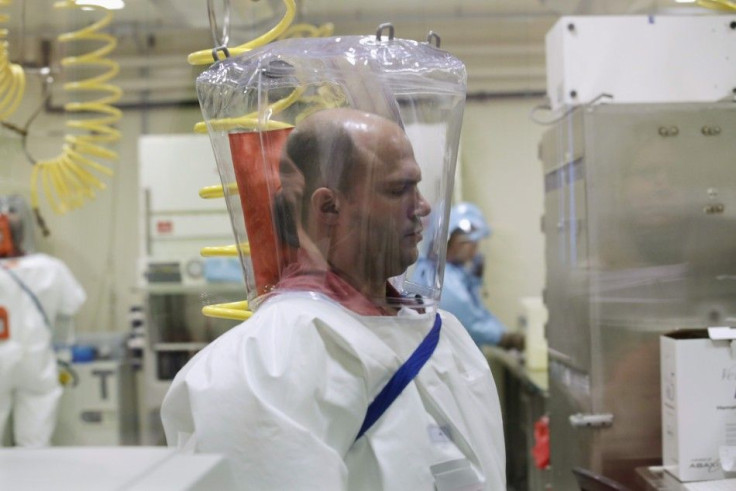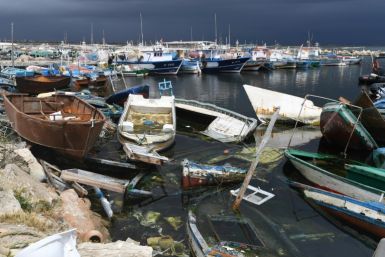Wanted: Health-Care Workers To Help Fight Ebola In Africa – Canada

Canada has issued a wanted ad for all Canadian health care workers to join the fight against Ebola right at the heart of the African region.
Rona Ambrose, federal Health Minister, at a news conference in Ottawa on Thursday, announced that Canada will soon be deploying 40 military medics to the Ebola-ravaged region. But apparently their numbers aren't enough.
She called on every available Canadian health-care worker willing to travel to west Africa to take care of Ebola patients in Ebola treatment centres primarily located in Sierra Leone, Liberia and Guinea. Her call for help was addressed to doctors, nurses, psychological and social support workers, water and sanitation engineers and, infection prevention and control workers.
For those who will heed on the government's call for help for west Africa, they will be required to work for eight weeks, which include one week of training, four weeks in the field and three weeks recovery. Ambrose said volunteers will receive the necessary support from the government, including full pay and benefits.
Ambrose said the Ebola treatment centres in Guinea, Liberia and Sierra Leone need at least 350 international care workers and specialists. Amid a stable condition, the Ebola virus has claimed 5,689 lives out of nearly 16,000 cases as of Nov 23, said the latest update from the World Health Organization. The figures came from eight countries. Hardest hit Guinea, Sierra Leone and Liberia reported 600 new cases recorded last week.
To call for volunteers to attend sick people in west Africa of Ebola, a virus that has mostly infected local as well as international health-care workers was a "difficult thing to ask," Ambrose said. But she knew time would eventually come that the number of health-care volunteers would trickle down. "We wanted to put every possible measure in place so people are well-trained, they feel protected and they feel supported," she said, noting the government had to be responsible first in creating medical evacuation options for Canadians before it can actually encourage them to volunteer.
Overall, Canada has committed $113.5 million to the fight against Ebola, including over $20 million to the WHO, $10 million to UNICEF and smaller amounts to the International Red Cross and Red Crescent Societies, Medecins sans Frontieres and other organisations.






